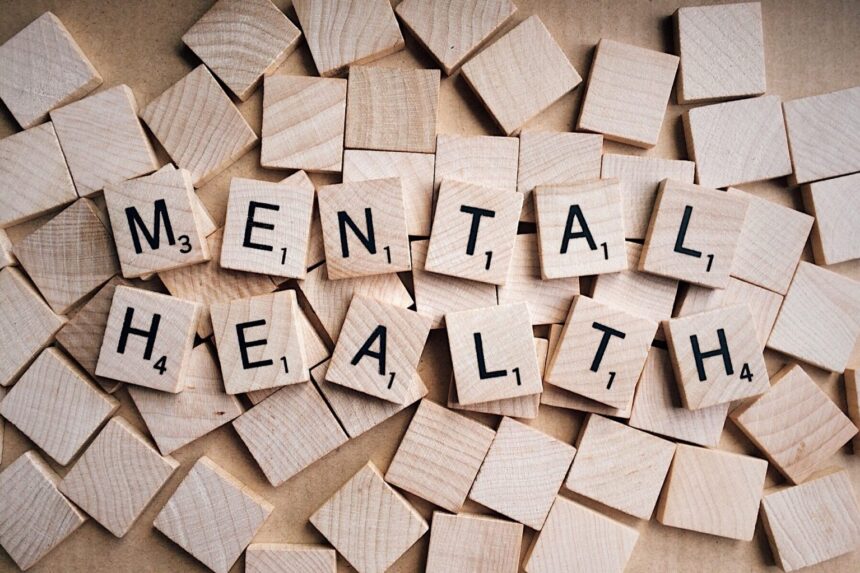Understanding Mental Health
Mental health encompasses our emotional, psychological, and social well-being. It affects how we think, feel, and act, influencing how we handle stress, relate to others, and make choices. Mental health is important at every stage of life, from childhood and adolescence through adulthood.
Key Components of Mental Health:
- Emotional Well-being:
- Involves managing stress effectively, maintaining a positive outlook, and being able to express emotions appropriately.
- Psychological Well-being:
- Refers to cognitive functioning, such as clarity of thought, learning, and memory.
- Includes self-esteem, resilience, and the ability to cope with adversity.
- Social Well-being:
- Encompasses relationships and social interactions, including maintaining healthy relationships and having a support network.
Common Mental Health Disorders
- Anxiety Disorders:
- Include generalized anxiety disorder, panic disorder, social anxiety disorder, and specific phobias.
- Symptoms: Excessive worry, restlessness, fatigue, difficulty concentrating, and physical symptoms like increased heart rate.
- Mood Disorders:
- Include depression and bipolar disorder.
- Symptoms of depression: Persistent sadness, loss of interest, changes in appetite, sleep disturbances, and feelings of worthlessness.
- Symptoms of bipolar disorder: Extreme mood swings, including manic (high energy, reduced need for sleep) and depressive episodes.
- Schizophrenia and Psychotic Disorders:
- Symptoms: Hallucinations, delusions, disorganized thinking, and impaired functioning.
- Personality Disorders:
- Include borderline personality disorder, antisocial personality disorder, and narcissistic personality disorder.
- Symptoms vary but can include difficulty maintaining relationships, unstable self-image, and impulsive behaviors.
- Eating Disorders:
- Include anorexia nervosa, bulimia nervosa, and binge-eating disorder.
- Symptoms: Extreme preoccupation with food, body weight, and shape, leading to dangerous eating behaviors.
- Obsessive-Compulsive and Related Disorders:
- Include obsessive-compulsive disorder (OCD), hoarding disorder, and body dysmorphic disorder.
- Symptoms: Unwanted repetitive thoughts (obsessions) and behaviors (compulsions).
Promoting Mental Health
- Seeking Professional Help:
- Therapy (e.g., cognitive-behavioral therapy, psychodynamic therapy)
- Medication prescribed by a psychiatrist
- Support groups and community services
- Self-Care Strategies:
- Regular exercise
- Healthy diet
- Adequate sleep
- Mindfulness and relaxation techniques (e.g., meditation, yoga)
- Building and Maintaining Relationships:
- Engaging in social activities
- Maintaining communication with friends and family
- Seeking support when needed
- Developing Coping Skills:
- Stress management techniques
- Problem-solving skills
- Setting realistic goals
- Educating and Raising Awareness:
- Understanding mental health and reducing stigma
- Promoting mental health education in schools and workplaces
Conclusion
Mental health is a vital part of our overall health. Recognizing the signs of mental health issues, seeking help when needed, and maintaining a balanced lifestyle are essential steps toward achieving and maintaining mental well-being. Reducing stigma and increasing awareness can help create a more supportive environment for everyone.


